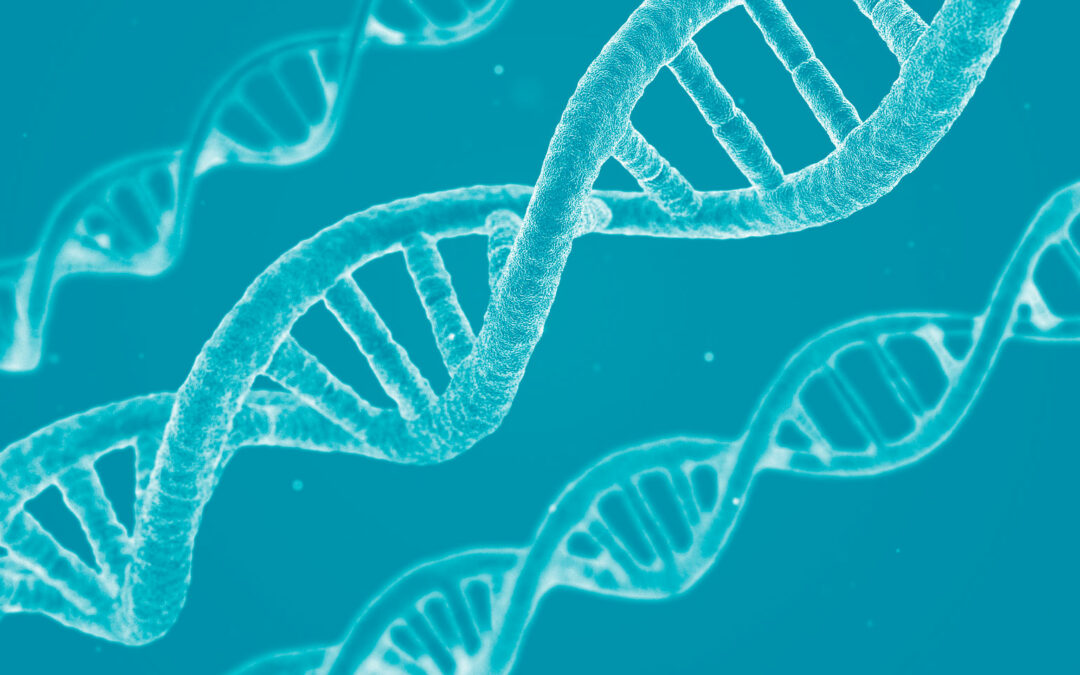Is Addiction Genetic?
In my 40 plus years of working with suffering addicts and alcoholics, I have definitely seen a genetic component to the disease of addiction.
Over the years, a great deal of medical research has been done around the genetics of addiction. We now know that certain genes greatly increase the chances of someone becoming addicted. In addition, there are environmental factors that increase these odds when combined with the genetics. Bottom line, individuals with both genetics and environmental factors have a greater than 70% chance of becoming addicted.
By Charles Robinson, Executive Life Coach & Lead Therapist
Family is a factor
Also, it appears that the more family members who suffer or have suffered from the disease increases the chances that future generations will be affected. For example, if your mother and father have drug and alcohol addiction and their parents did as well, the chances are extremely high that you will develop the disease if you use these substances.
What is somewhat unique about this disease is that it needs to be activated by consumption of a substance. If you never consume it, you cannot become addicted to it.
Some traits of those addicted
There also appears to be certain traits and characteristics of those predisposed to the disease. Most who become addicted have early memories of feeling restless, irritable, discontented, anxious and depressed. What’s more, in families where addiction is prevalent, we often find that these traits may go back many generations.
Substance as solution
To medicate these feelings, these individuals often consumed drugs or alcohol. The substance was the solution. And, once the mental obsession and physical need for the substance is established, there is little hope of being able to stop without help.
Something puzzling is that some people become addicted with no family history of addiction or any prior feelings of restlessness and irritability. In these cases, individuals “use” themselves into addiction.
A good example is the elderly patient who goes in for hip surgery, is given opioids for pain and three months later cannot stop. This seems to indicate that virtually anyone can become addicted to opioids, hence, the type of substance and the potency also can be factors.
Effective help is still the key
We have learned a great deal about addiction, particularly in the past 10 years. Yet there is much more to learn. This simple fact remains – without effective help, people in active drug or alcohol addiction have very little hope or chance of overcoming their disease.
Recent Posts


